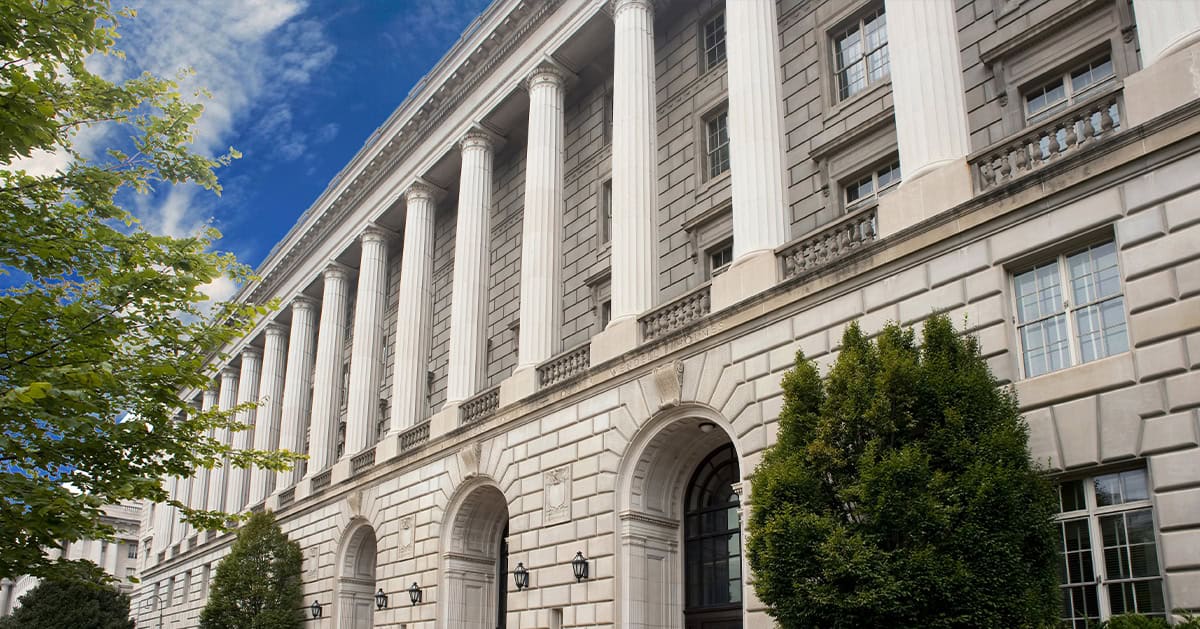The Tax Reform TradeOff
Tax expenditures, also known as "tax breaks," are a significant feature of our tax system, and, as such, a central part of the tax reform debate. Many economists believe it would help the economy to do away with some or all of these tax breaks, and in return lower marginal tax rates and reduce the deficit. Some of the most expensive tax expenditures, however, are also the most popular — including tax breaks that cover employer-provided health benefits, retirement plans, and mortgage interest.
To help inform the policy discussion, the Tax Policy Center (with a grant from the Peterson Foundation) put real numbers behind different scenarios for tax reform that are fiscally responsible:
- The first installment in the series eliminated all but three individual tax expenditures — the child tax credit, the earned income tax credit, and the partial exclusion of Social Security benefits — to find the lowest possible rates for individual and corporate taxes.
- Building off of the rates established in that first installment, the second paper calculated how much rates would have to come back up if a handful of the most popular expenditures, such as the mortgage interest deduction, were kept.
- The third installment took the same approach as the second, detailing how much rates would have to increase when adding back the remaining tax expenditures alone or in small groups.

